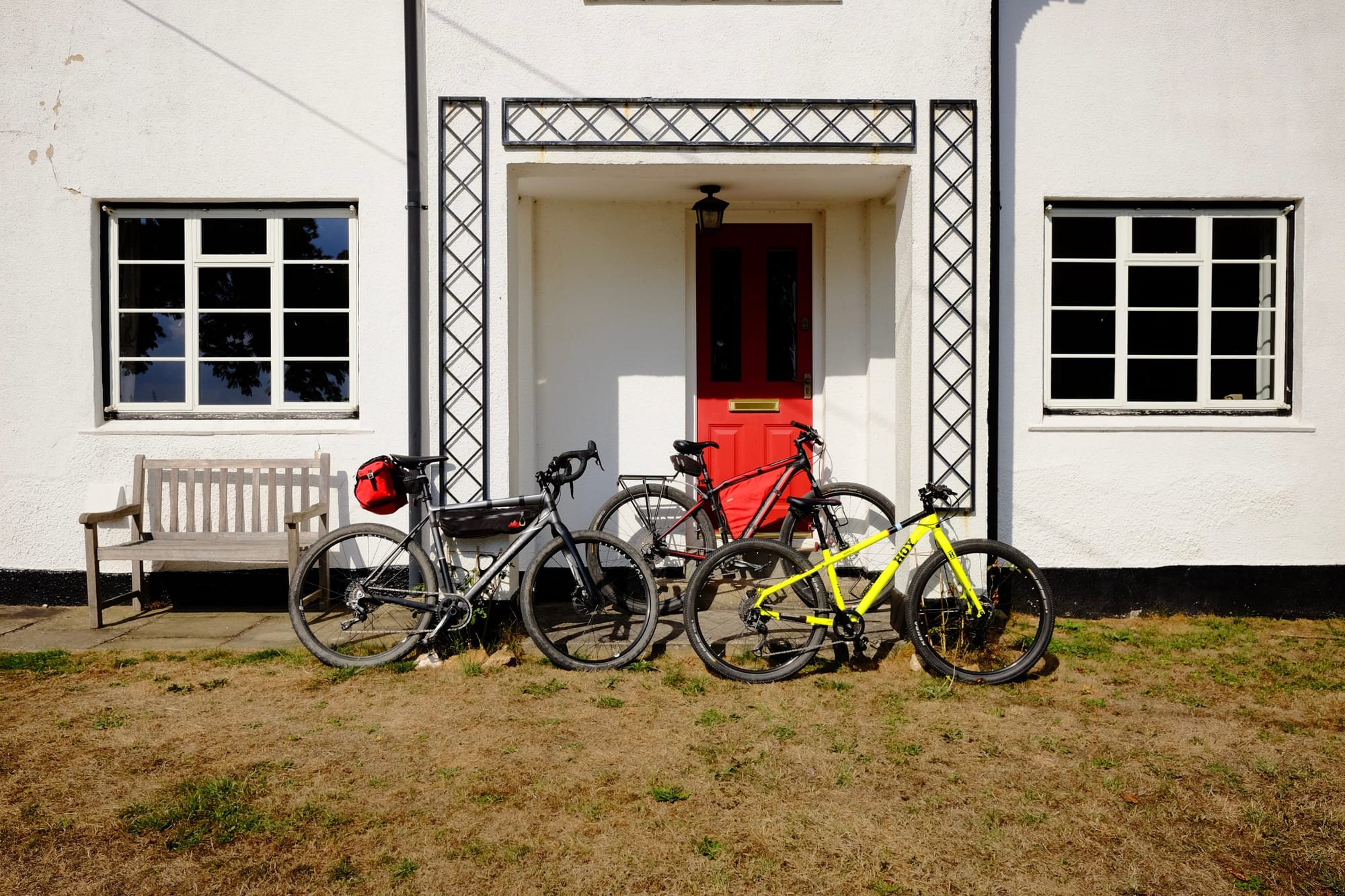Our year without a car
Freed from owning an expensive lump of metal that spends most of its time doing nothing, we’ve saved ourselves money and hassle.

On the face of it, life hasn’t changed much for our family over the last 12 months. We’ve walked places, cycled places, caught the train and travelled by car. Sometimes our car journeys have been planned, and sometimes they've been last-minute. The big difference is that we haven’t owned a car during this time, instead making use of the community car club in our small town.
In a society that’s designed by default around driving and gives little thought to encouraging other modes of transport, the car club is a vital piece of our travel jigsaw. It enables us to make journeys that would otherwise be impossible. If G is playing a Sunday sports match 15 miles away that starts before the first train runs, I can get him there.
That’s a fairly typical example. We use a car roughly once a week – paying just for the time we take and the miles we drive. No other costs, no maintenance hassles, and no depreciating asset parked doing nothing. A typical car in the UK is used for just 4% of the time, so the car club saves us from having to buy an expensive vehicle we barely need. Instead, all we have to do is book a nearby car on the app and drive away.
Although it’s easy to get a car when we need one, the act of having to book it nudges us towards walking and cycling, even when we don’t especially feel like doing it. Those times are pretty rare, though, because we enjoy travelling actively. Walking the twenty minutes or so into the centre of our small town is a chance to stretch our legs (all four of them in the dog’s case) and chat as a family. When we’re in more of a hurry or the distances are further, we hop on our bikes.
Cycling could be a viable form of transport for many more people if only central government and local councils supported it properly. Too often they’ve given in to shouty social media arguments about cycling being just for the wealthy metropolitan elite, a distraction from providing for honest working folk and their cars. I am, of course, disgustingly wealthy. That’s why I ride my bike out to the edge of our small town, past several other supermarkets, to buy cheap peanut butter at Aldi.
It’s obviously more complex than this. Some people live in very remote places. Some people have health problems or reduced mobility, making a car the only option. And some people are locked into transport poverty because their job requires a car, although that job only just covers the cost of running a car.
But let’s just take a moment to consider that, according to The Health Foundation, in 2021-22, 28% of the poorest fifth of households did not have access to a car, compared with just 6% of the richest fifth of households.
So supporting cycling, walking and public transport is a progressive policy. I expect that’s why it really annoys the shouty people. And anything that annoys them is good with me.

